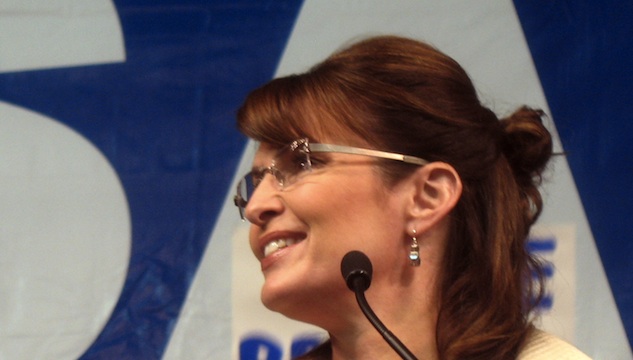Environmental Defense Fund Pursues a New Path Forward on Climate Change

As the new Congress takes office, great opportunity exists both for innovations in climate change-related policy proposals and in public engagement about the problem. Yet it’s been very discouraging to see most of the discussion, focus, and organizing centered on the perceived need to “defend climate science” against deniers and to provide more rapid, more accurate technical information to decision-makers, the media, and the public. The faulty assumption behind these efforts appears to be that until there is widespread agreement on the science, policy action can’t take place.
Yet this gets the challenge backwards: Until new policies are introduced which can gain bi-partisan support, are easily understandable, perceived as credible, and translate into clear benefits, there will always be challenges to climate science. Get the policy right, and the debate over the science will go away.
In contrast to the current rapid-fire efforts to “defend climate science,” a largely overlooked, but deeply promising new direction was recently outlined at the Huffington Post by Fred Krupp, head of the Environmental Defense Fund. The goals and broad strategies fit very closely with the plan I outlined the day after the Mid-term elections, which would involve investing in a new communication infrastructure in key battleground states leading up to the 2012 election, an infrastructure that brokers partnerships, gives voice to public preferences, and that identifies and communicates about a range of possible policy solutions at the national, regional, and local levels.
Excerpts from Krupp’s plan at Huffington Post with my emphasis added:
If we are going to de-carbonize our economy, we have to de-polarize the politics surrounding the conversation. It is worth remembering that no major environmental law has ever passed without substantial bipartisan support. This has always been the case — but the incoming Congress is a fresh reminder that bipartisanship must be the foundation of future progress.
In short, while being more aggressive and vigorously fighting to achieve critical emissions reductions, we — the environmental community — must be more open. Our response to this political problem must be to engage more widely and listen more carefully, not dismiss or belittle those with whom we disagree.
We will have to reach out to new partners, make new allies, and engage new constituencies. We have done so with a large part of the business community, and we will learn to do so with others.
We cannot expect that the public will support change without understanding the reasons for it. But we cannot browbeat our way to a broader understanding of the science behind climate change and the benefits of taking action. We need to start with the real problems people face in America today – from jobs and energy security to clean air and water — and work with them to find answers to those problems and the common challenge that faces all of us.
Fortunately, even in this difficult year, there is a path emerging that will allow us to begin to solve climate change, and there is a foundation upon which to build.
In order to continue to make progress, a new openness to different solutions will be essential. For our part — long standing advocates of a cap and trade approach — we need to accept that whether policies are cap and trade or something else is less important than whether they collectively provide a clear guarantee that emissions go down. More broadly, every entity looking for solutions to climate change will need to embrace flexibility and creativity in their policy approaches.
We will be guided by three principles as we work toward our pollution reduction goal:
In the long run we believe the path forward will be built from a continuing focus on solutions, and an aggressive approach combined with willingness to find new answers to the challenges we face. We must listen as well as speak, though speak we must. When we take this approach, we can seek out and work with people across the political and cultural spectrums with different approaches to solving our energy or climate challenges, and we can travel the path forward, together.
See also:
Eye on 2012: A Post–Partisan Plan to Engage the Public on Climate Change





